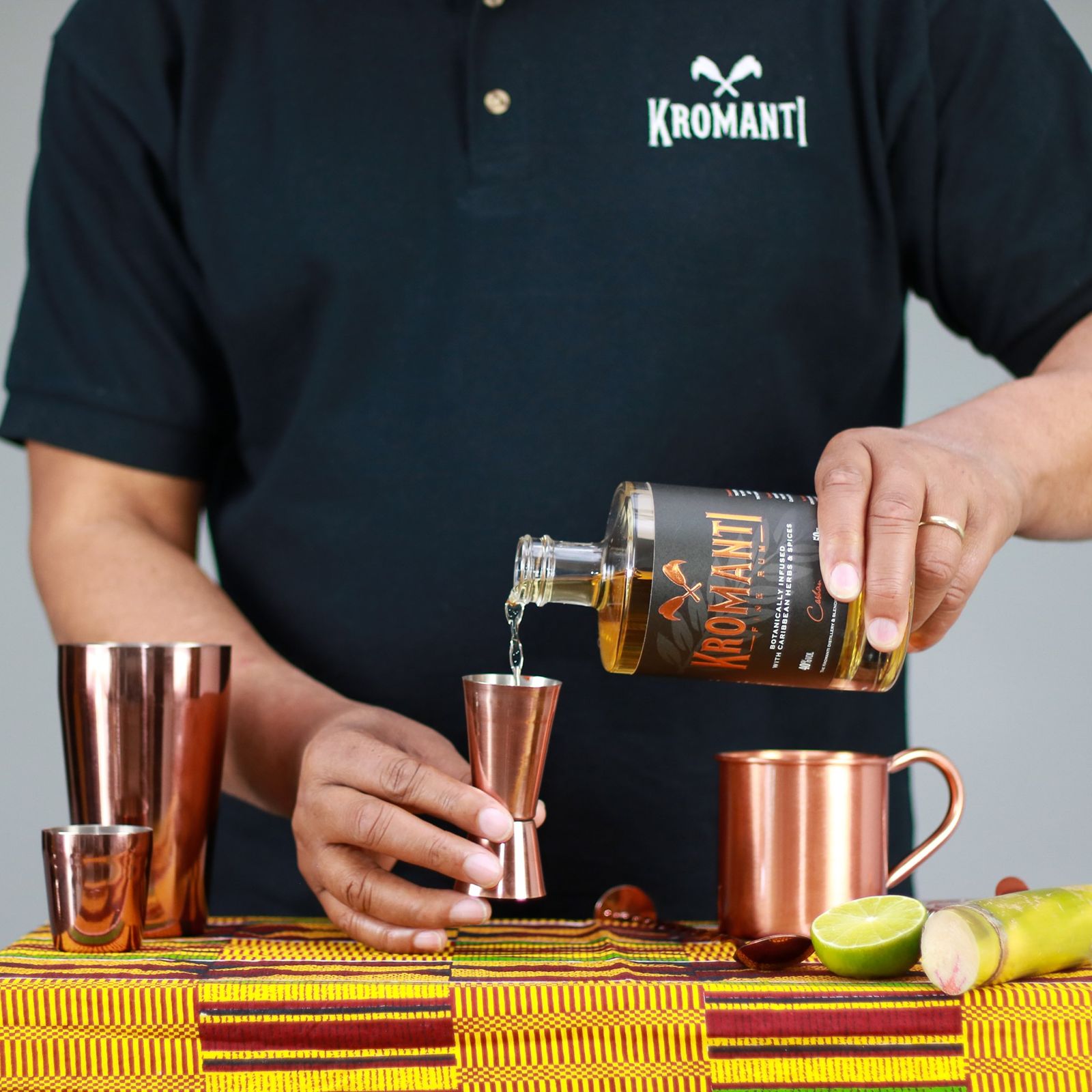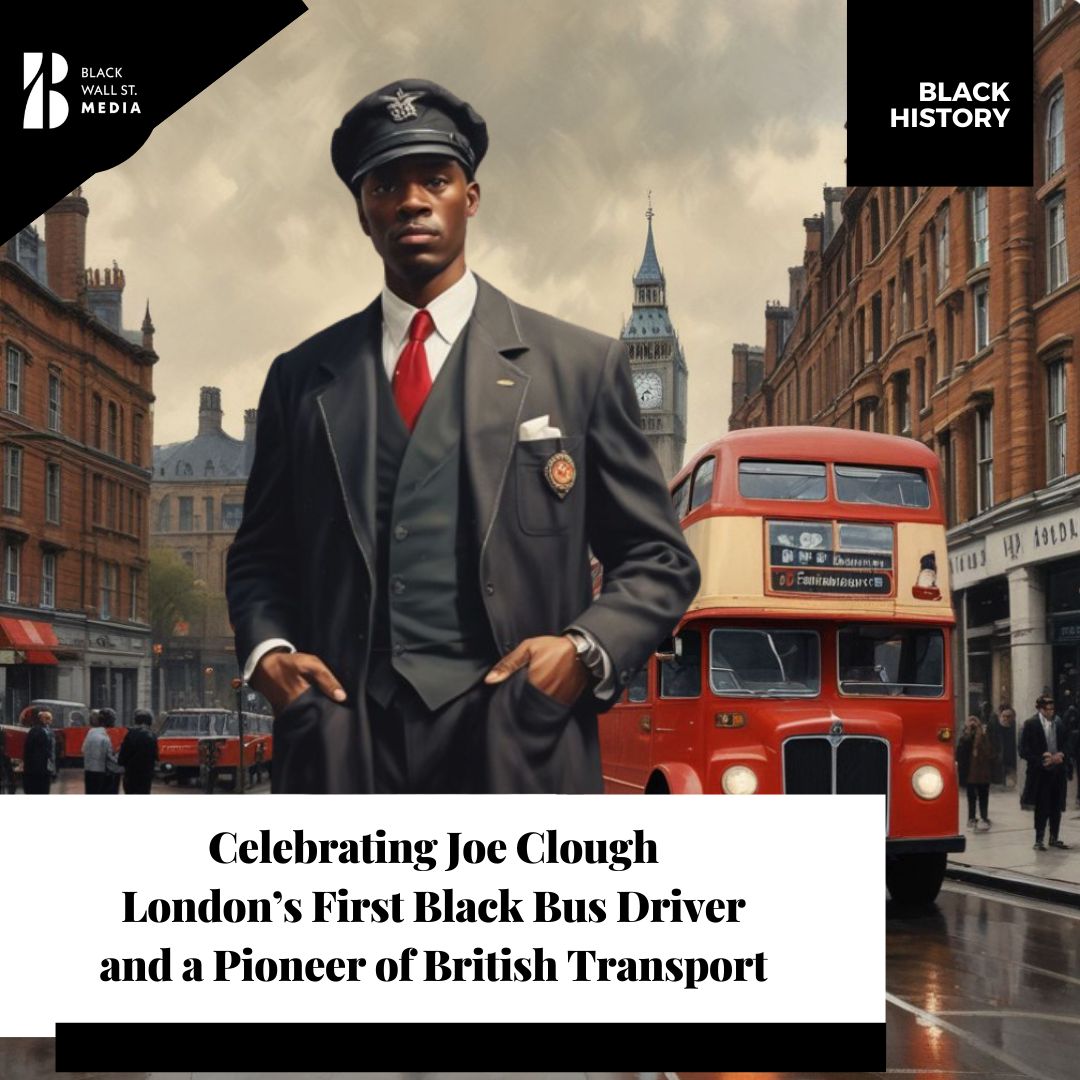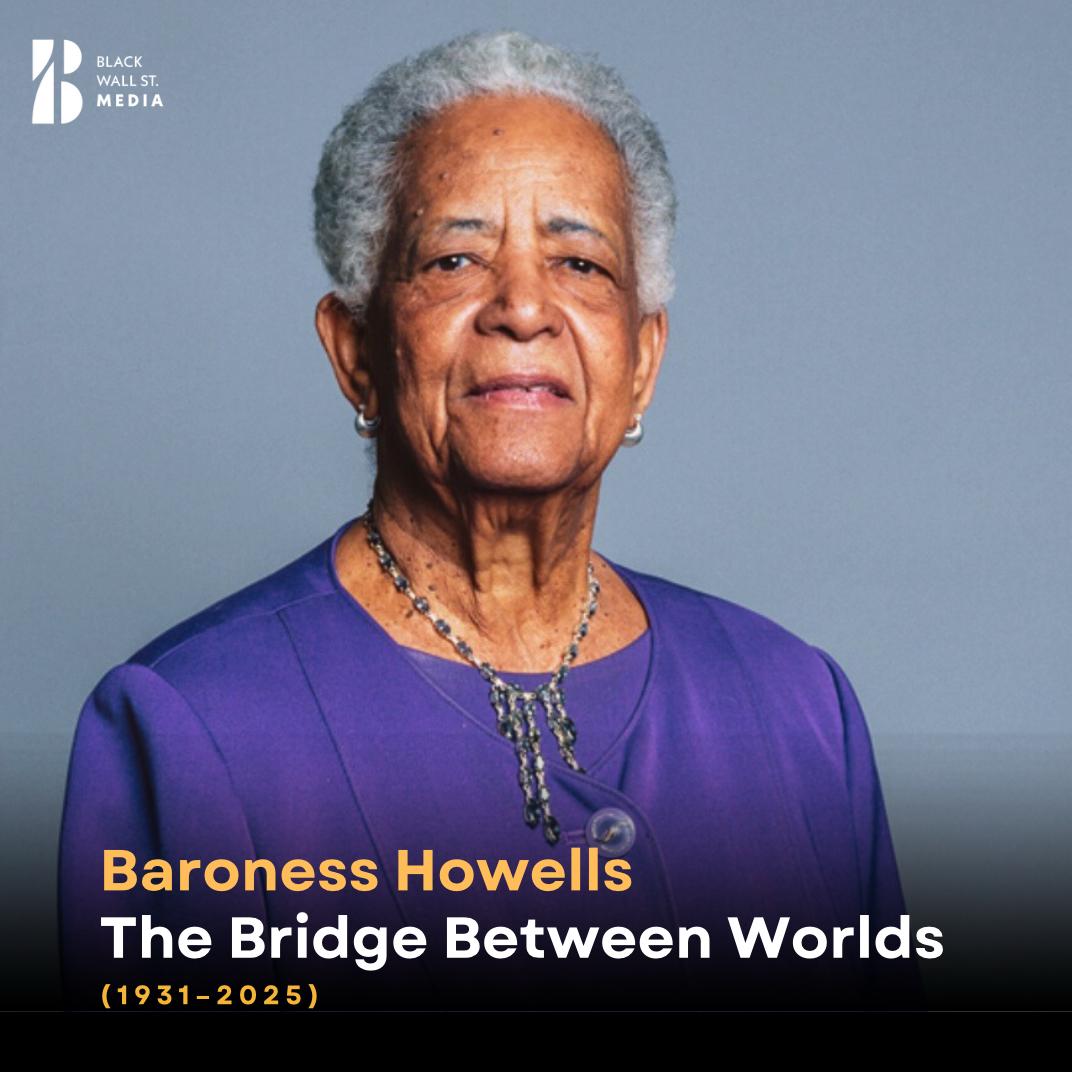History/Cultural Heritage
Celebrating Joe Clough: London’s First Black Bus Driver and a Pioneer of British Transport
“Celebrating the incredible legacy of Joe Clough, London’s first Black bus driver and a true pioneer in British transport. From Jamaica to the streets of London, Joe's journey is a testament to resilience, excellence, and breaking barriers. Let's honour his contributions and remember the impact of Black Britons throughout history.”
BWSMCONTRIBUTOR
When we think of pioneers in British history, names like Joe Clough should be at the forefront.
Born in Jamaica in 1887, Joe Clough’s journey from a young orphan in the Caribbean to becoming London’s first Black bus driver is a testament to resilience, determination, and the importance of representation in our shared history. Joe Clough’s story begins in Jamaica, where he was orphaned at a young age.
His early years were marked by hardship, but his fortunes changed when he began working for Dr. R.C. White, a Scottish doctor who had moved to Jamaica. Joe started as a stable hand, caring for the doctor’s horses. When Dr. White relocated to Britain in 1906, Joe agreed to accompany him, marking the beginning of a life-changing adventure.
In London, Joe continued his work as a stable hand but quickly transitioned to driving. Under Dr. White’s guidance, he learned to operate motor vehicles and became the doctor’s chauffeur.
This skill set the stage for his historic career. After a brief stint working at Hackney’s roller skating rink, Joe pursued his passion for driving by joining the London General Omnibus Company (LGOC) in 1910. At this time, the LGOC was London’s largest bus operation, and motor buses were beginning to replace the city’s horse-drawn vehicles.
Joe was among the first drivers to be trained on these new motor buses at the Shepherd’s Bush garage. Despite facing racial prejudice, Joe excelled in his training and became a spare driver, covering different routes as needed.
His hard work and dedication eventually earned him a regular position on bus route 11, driving between Liverpool Street and Wormwood Scrubs. A photograph from the era captures Joe proudly standing beside his B-type bus, the first mass-produced motor bus in London.
https://www.ltmuseum.co.uk/collections/stories/people/joseph-clough-londons-first-black-bus-driver
Throughout his career, Joe encountered racism, both subtle and overt. In one instance, he was wrongfully suspended for speeding by a racist company official. However, his excellent driving record and strong character led to his swift reinstatement.
Joe’s perseverance in the face of such challenges is a reminder of the resilience required to break barriers and pave the way for future generations. In 1913, Joe married Margaret Millicent, a Scottish domestic servant, and relocated to Bedfordshire.
He continued his career as a bus driver, working for a smaller operation that ran routes between St Neots in Cambridgeshire and Bedford. As Joe once recalled, the early days of motor buses were not without challenges, particularly from horses on the road that were spooked by the engine noise. With the outbreak of the First World War, Joe volunteered for the Army Service Corps as a driver.
From 1915 to 1919, he served as an ambulance driver on the Western Front in France and Belgium, forging strong bonds with his comrades. Joe captained his unit’s cricket team and remained deeply connected to his wartime experiences. For many years after the war, he proudly drove his bus decorated with poppies during Bedford’s Remembrance Day parades.
After the war, Joe returned to bus driving, working for the National Omnibus Company (later Eastern National) in Bedford. He continued in this role until 1947, and then transitioned to truck driving before setting himself up as a taxi driver in 1949.
Remarkably, Joe worked as a taxi driver until he retired at the age of 82 in 1968. In the 1970s, Joe’s contributions were recognized more widely. He was featured in several television programs and newspaper articles and was interviewed by author John Brown for a book on Bedford’s immigrant communities. Joe was not only London’s first Black bus driver but also thought to be Bedford’s first Black immigrant.
His presence and legacy were so well-known that when a former comrade from the First World War wrote to “Jamaican Joe, taxi-driver, Bedford,” the letter reached him without delay. Joe Clough passed away in 1977, but his legacy as a pioneering figure in British history endures.
His story is a powerful reminder of the significant contributions made by Black Britons throughout history. Joe’s life—marked by resilience, excellence, and a trailblazing spirit—continues to inspire, reminding us of the importance of recognizing and celebrating Black British history.









































